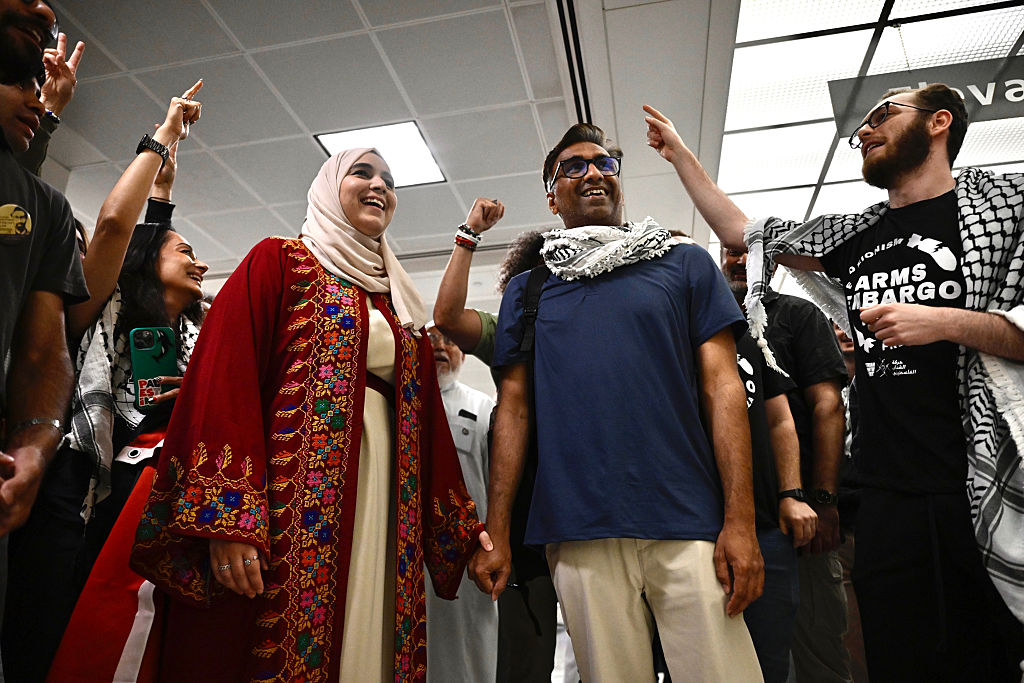A Georgetown Scholar’s Release Highlights Free Speech and Academic Freedom

The recent release of Georgetown University scholar Badar Khan Suri from federal detention has sparked conversations nationwide about academic freedom, due process, and the rights of international academics in the United States. Scholars often act as bridges between cultures, ideas, and communities, but their work and personal lives can also be threatened by political currents and legal uncertainties.
The Scholar’s Ordeal: Badar Khan Suri’s Case
In March 2025, Badar Khan Suri, a post-doctoral scholar at Georgetown University, was detained by federal authorities primarily over his activism and association with pro-Palestinian causes. Suri’s arrest quickly gained attention, with many arguing that his detention was punitive and intended to silence his constitutionally protected speech. Notably, Suri has not been charged with any crime, and has lived in the US on a valid visa since 2022 while teaching courses on minority rights (CNN coverage).
Judge Patricia Tolliver Giles ultimately ordered Suri’s release, citing the government’s lack of evidence and emphasizing the importance of upholding free speech, even for non-citizen scholars. Suri is just one of several international academics caught in an unprecedented wave of detentions targeting scholars and students associated with pro-Palestinian activism.
Free Speech, Immigration, and Academic Freedom
Badar Khan Suri’s case isn’t isolated. Other scholars such as Mohsen Mahdawi and Rümeysa Öztürk have also faced detention related to their public advocacy for Palestinian rights. These incidents raise pressing questions about the intersection of immigration law and the First Amendment. Many civil liberties advocates view these detentions as direct attacks on academic freedom and freedom of speech.
A deeper analysis, as presented by Jacobin, underlines that these actions represent a broader campaign to curtail criticism of US foreign policy, particularly regarding Israel and Gaza. Federal courts have repeatedly recognized that even non-citizen scholars have First Amendment protections, and have granted bail when they believe detentions serve a punitive or retaliatory purpose.
The Wider Impact on the Academic Community
The chilling effect these cases have on higher education and scholarship in America is significant. Universities rely on their scholars to examine controversial topics, challenge the status quo, and advance societal knowledge. When a scholar like Suri is detained for their speech or associations, academic freedom—and by extension, democracy—suffers. Georgetown University faculty, students, and civil rights groups rallied in support of Suri, highlighting the need to ensure all scholars can pursue research and teaching without fear of government retribution.
Why Protecting Scholars Matters for Us All
The treatment of scholars in the US today signals much about the nation’s commitment to intellectual freedom and open debate. When academics risk detention for expressing ideas or researching contentious subjects, everyone’s right to discuss, debate, and dissent is at stake. Suri's story serves as a powerful reminder of the vigilance needed to protect both international and domestic scholars from political persecution.
For additional details and source documents on Badar Khan Suri's ordeal, see this CNN article and the broader context of free speech challenges in this in-depth Jacobin analysis.
Conclusion
The release of Georgetown scholar Badar Khan Suri is a hopeful example of the legal system recognizing constitutional rights beyond citizenship status. It also warns of ongoing threats to academic freedom in environments fraught with political tension. Supporting our scholars, whether local or from abroad, ensures that universities continue to be places where truth and justice can thrive. Stay informed about the rights of scholars and advocate for policies that respect both academic and personal freedoms.